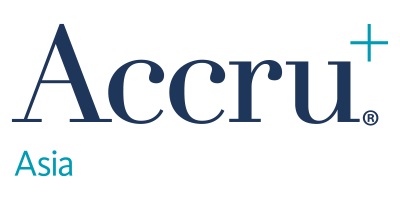
20 Sep Common Reporting Standard – data exchange starts 30 September
Common Reporting Standard (CRS)
Are you a foreign tax resident of a country where you receive income? Australia and many other countries including China, have enacted laws to implement the Automatic Exchange of Information (AEOI) that will affect you. As part of this law, a Common Reporting Standard (CRS) has been introduced. The CRS is a single global standard for the collection, reporting and exchange of financial account information on non-resident. It has been effective since 1 July 2017, with the first data exchange from September 2018.
Under this regime, financial institutions must report customers who are foreign tax residents to the tax authorities of the country in which they operate, who will then share that information with the relevant tax authority in the other country.
How does the Common Reporting Standard (CRS) work?
Under the CRS, banks and other financial institutions in Australia are required to report details of account holders who are foreign residents for tax purposes to the ATO on an annual basis. The ATO will then report the account information to the relevant foreign tax authorities.
Likewise, overseas financial institutions will need to identify and share information on account holders who are Australian tax residents and report their accounts through their local tax authorities to the ATO.
Which financial institutions are covered by CRS?
The four types of financial institutions covered by the CRS are:
- Custodial institutions
- Depository institutions
- Investment entities
- Specified insurance companies
This essentially includes all the major banks, building societies and credit unions in Australia.
How does it affect you?
For accounts opened before 1 July 2017, your financial institution may contact you to confirm your country or countries of tax residence if their records indicate that you may be a foreign tax resident because you have provided an address or other information for a foreign country. It is important that you respond to your financial institution’s request for information. Otherwise, you may be treated as a foreign tax resident even if you are not.
If you opened an account after 1 July 2017, you will be asked to certify your residence for tax purposes. If you do not provide the required information, the financial institution cannot open an account for you.
If you are identified as a foreign resident for tax purposes, you will be asked to provide your taxpayer identification number (TIN) or equivalent, which is the unique number used to identify you to the relevant tax authority (e.g. TFN for Australian taxpayers and Tax ID number or Chinese ID card number for Chinese residents).
Key dates
| CRS event | CRS date |
| Cut-off between pre-existing and new accounts | 30 June 2017 |
| Start of new account due diligence procedures | 1 July 2017 |
| CRS report due to the ATO for the previous calendar year | 31 July 2018 |
| First data exchanged with partner jurisdictions | 30 September 2018 |
The CRS is part of a whole new world of international transparency measures. These include Foreign Account Tax Compliance Act (FATCA), Exchange of Rulings (EoR) and Country-by-Country Reporting (CbC) which Accru Felsers specialises in.
Should you require assistance with determining your tax residency or any other questions regarding CRS, please do not hesitate to contact the author Jean Zhang, or your Accru Felsers Sydney advisor.


